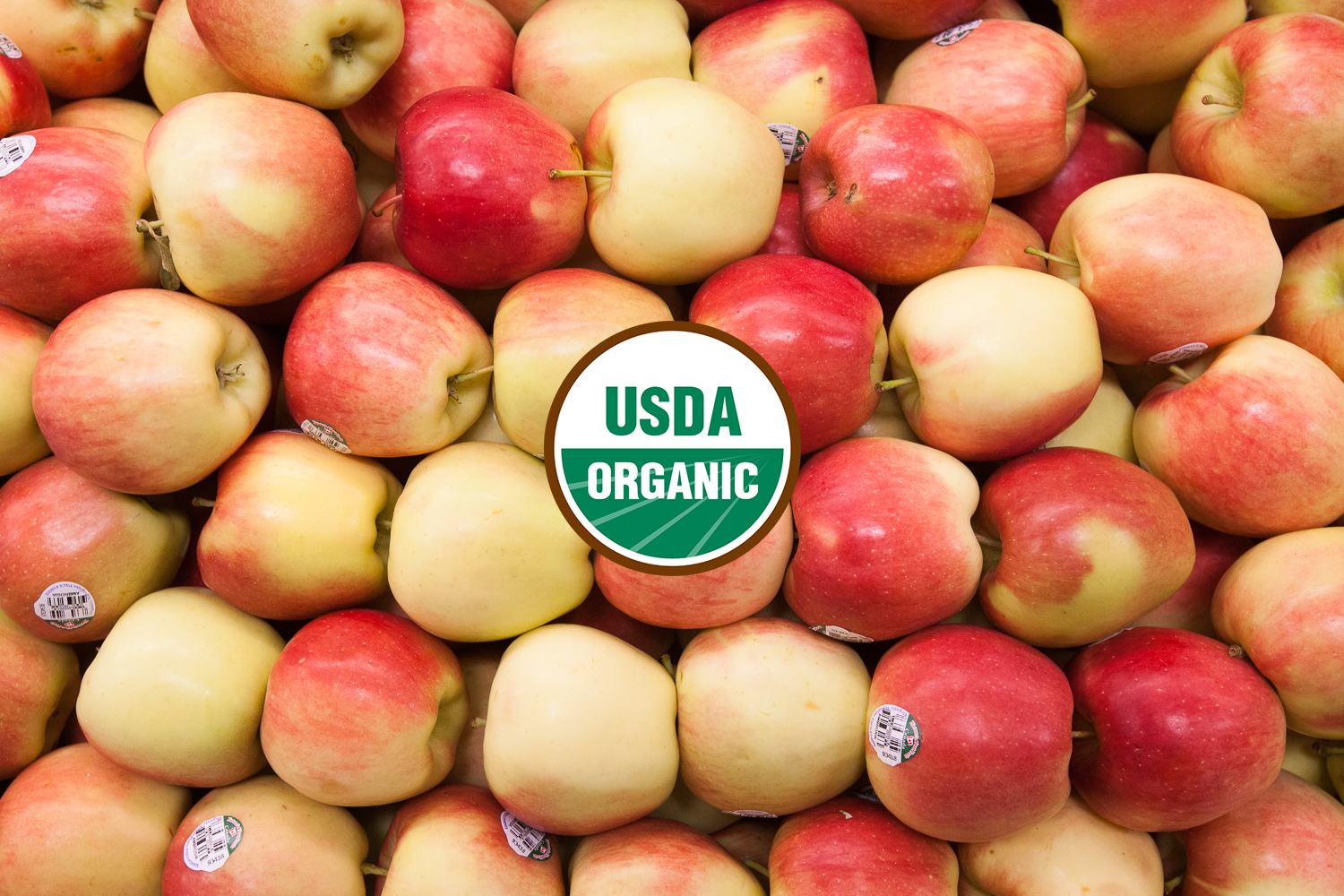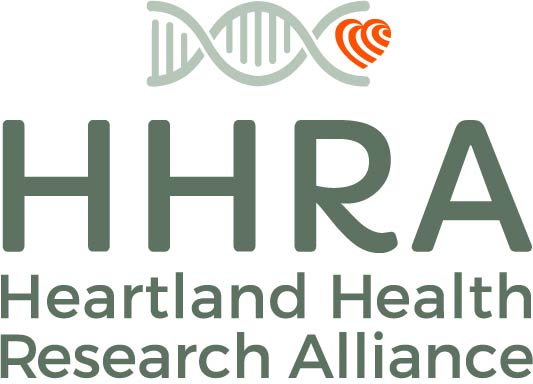Ensuring the health of our families is the force driving HHRA’s work. It will take time for our flagship medical research project, The Heartland Study, to sort out if herbicide exposure is a factor contributing to the adverse birth outcomes and problem pregnancies experienced by far too many families. As we do our work, we encourage you to take commonsense steps to elevate the odds of a healthy pregnancy and delivery of a healthy newborn.
Just as it is important for mothers to protect their health, the same is true for fathers, as the quality and genetic integrity of sperm can be critical to fetal development. Both moms and dads can help increase the chances for conceiving and delivering healthy babies by trying to limit their exposures to harmful chemicals and a range of other toxic threats to good health, such as radiation, cigarette smoke, and asbestos.
It is important for both parents to pay attention to the quality of their diets, the medication they may be taking, and even their sleep habits.
Diet and Lifestyle




Good nutrition is critical so our bodies can function at their best and fight against disease and toxins. Both moms and dads need a healthy balance of calories, vitamins, and minerals. Too much of certain nutrients can erode health, just like too much of an essential vitamin or mineral (folate and vitamin D during pregnancy, vitamin B12 and calcium when nursing). This day-to-day challenge can best be met head-on by incorporating some simple rules of thumb into your daily routine.
- Eat lots of fruits and vegetables! The darker and more brightly colored, the better. Moms are (always) right, and that old adage still rings true. Fruits and vegetables contain polyphenols, which are antioxidant-rich, health-promoting micronutrients.
- Choose organic fruits, vegetables, and juices, whenever you can. Go organic especially for your kid’s favorite fresh produce and juices that they consume often.
- Incorporate a healthy mix of fats into the diet. Fat quality matters as much as fat quantity. Heart-healthy polyunsaturated omega-3 fats are essential for a child’s healthy development. Excessive intakes of saturated and omega-6 fats promote heart disease, obesity, and diabetes. Some easy ways to seek out healthy fats is to choose chips and other fried foods that are cooked in canola oil, rather than corn or soybean oil. Also, especially when raising kids, seek out meat, eggs, and dairy products from animals raised on pasture and grass-based feeds. Check out the USDA’s Local Food Directories to find options near you for buying direct from local farmers.
- Avoid added sugars and salt and keep your family’s average day-to-day sugar intake to, or below, 20% of calories. Some households will need to dramatically cut the intake of added sugars to achieve this goal. Remember: Lots of food contain natural sugars, and these count toward your daily intake total.
- Change your water filter regularly, if you have one. If you rely on a private well for your water, be sure to test it every few years for bacteria and chemicals. Don’t hesitate to ask the local school or daycare how often they test their water, and what they found in recent tests. Squeaky wheels can help keep water safe.
Healthy lifestyles are ALWAYS the foundation of long lives well lived. The small choices we make everyday can have a large impact over a lifetime, from cigarette smoke spreading to others, to lack of exercise or too much screen time. Find a way to make healthy lifestyle choices a habit in your house.
Inside and Outside the Home
Chemicals are all around us, but we can take measures to reduce exposures and better control our personal environments:
- Keep your house clean and maintain good air flow. Take off your shoes when going inside your home. Shoes can track pesticides from parks, fields and neighboring yards and all sorts of microbial crud into your home, where they can settle down into rugs, and lodge on drapes and furniture. This is of particular concern if you have young children at home as they spend a lot more time crawling around on the floor than (most) adults.
- Inquire about what your lawn care and pest control companies are spraying, and what chemicals your neighbors are using, especially neighbors with kids your kids play with. Consider organic management alternatives for your property — and encouraging others to follow suit.
- Ensure that cleaning supplies, paint thinner, and other chemicals are stored outside of the house, or safely in a cabinet not accessible to kids.
- Get involved in the community, especially schools. Schools often spray their grounds and don’t necessarily inform parents and staff. Request organic integrated pest management solutions at schools and other public property. Many communities have even taken steps to ban herbicide use in public places.
For additional knowledge and resources on how to protect your family’s health see the American Academy of Pediatrics website.



